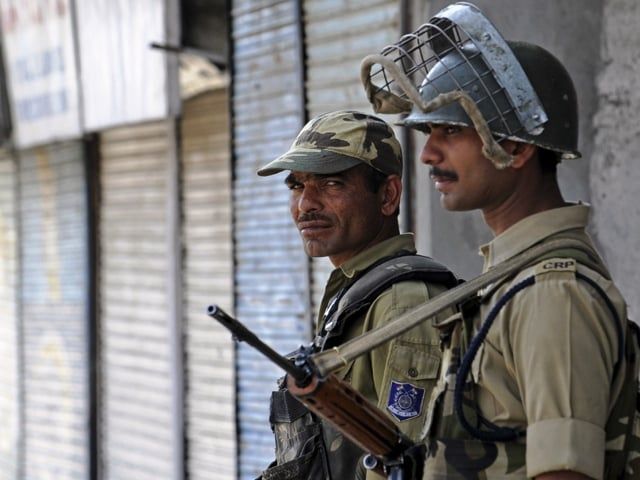A volcano southwest of Iceland's capital, Reykjavik, began erupting on Monday, according to the Icelandic Meteorological Office. This marks the third eruption in the Fagradalsfjall volcanic region within the past two years. The eruption site, located near the Litli-Hrútur mountain, is situated in an uninhabited valley approximately 19 miles from Reykjavik. Despite its proximity to Keflavik International Airport, previous eruptions in this area haven't caused flight disruptions or significant damage, and this eruption is similarly not expected to impact air travel. The airport remains open and operational.
Initial observations from a helicopter overflight described the lava fissure as relatively small. Authorities are advising the public against approaching the volcano, emphasizing that the terrain is challenging and the eruption's development needs further assessment. A natural hazard specialist at the Met Office, Kristin Gudmundsdottir, cautioned against attempting to reach the site.

A 2021 eruption in the same region captivated onlookers with impressive lava flows for several months, drawing hundreds of thousands of visitors. Iceland experiences volcanic activity relatively frequently due to its location atop a volcanic hotspot in the North Atlantic, with eruptions occurring every four to five years on average. While this eruption is not expected to cause widespread disruption, the 2010 eruption of Eyjafjallajokull serves as a reminder of the potential impact of Icelandic volcanic activity on air travel. The ash cloud from that eruption resulted in significant flight cancellations across Europe, affecting millions of travelers.








